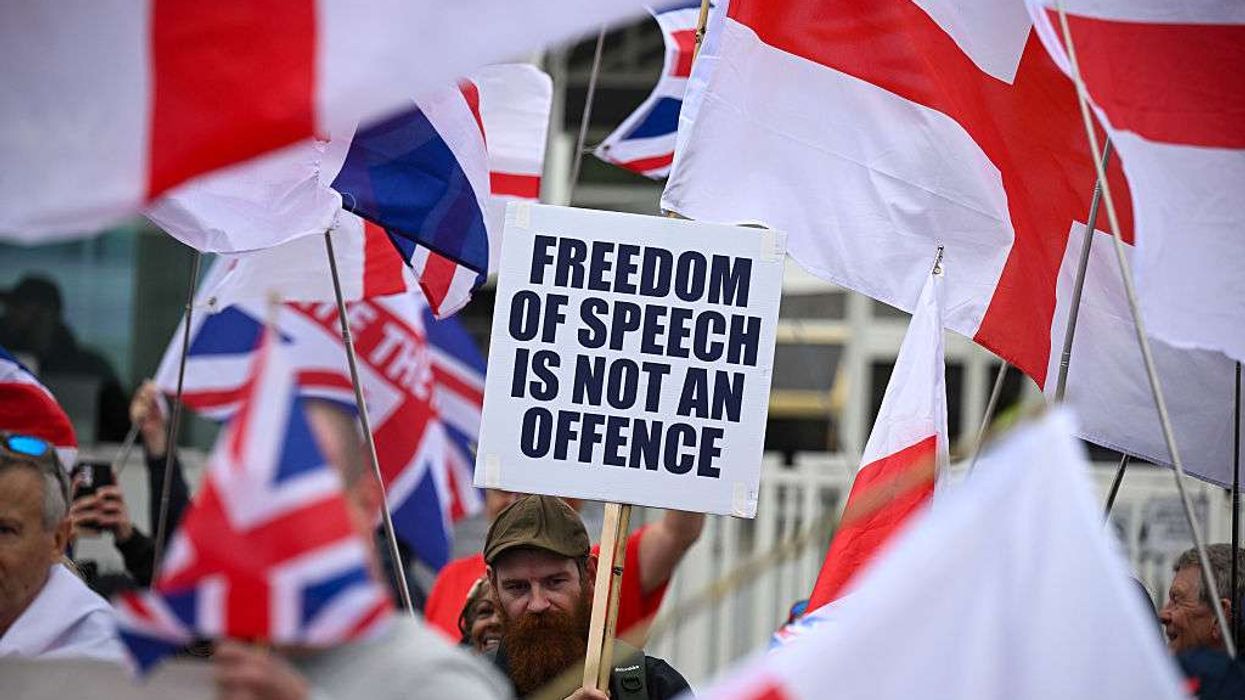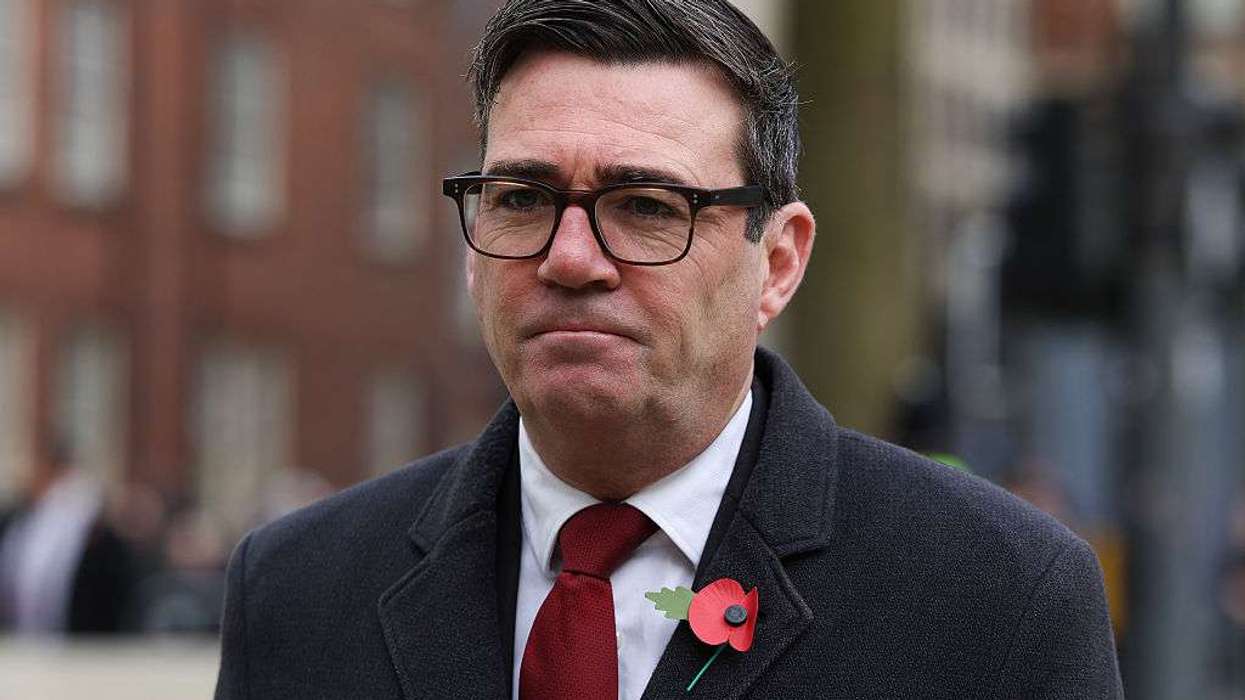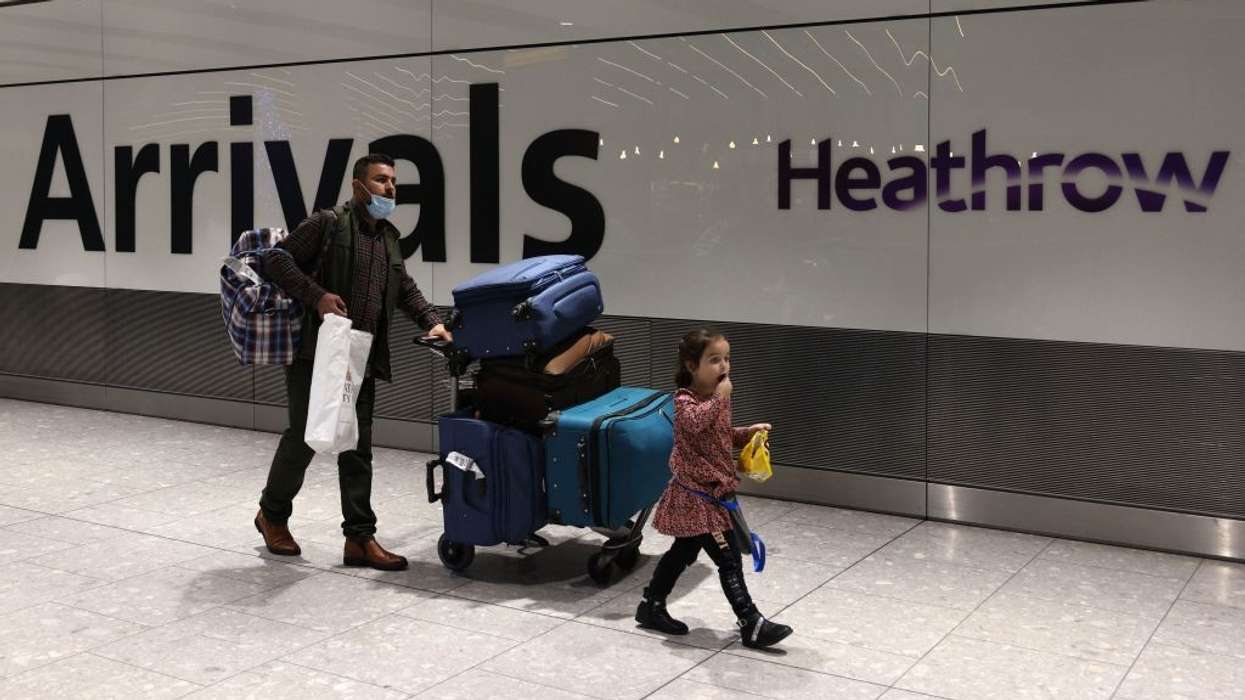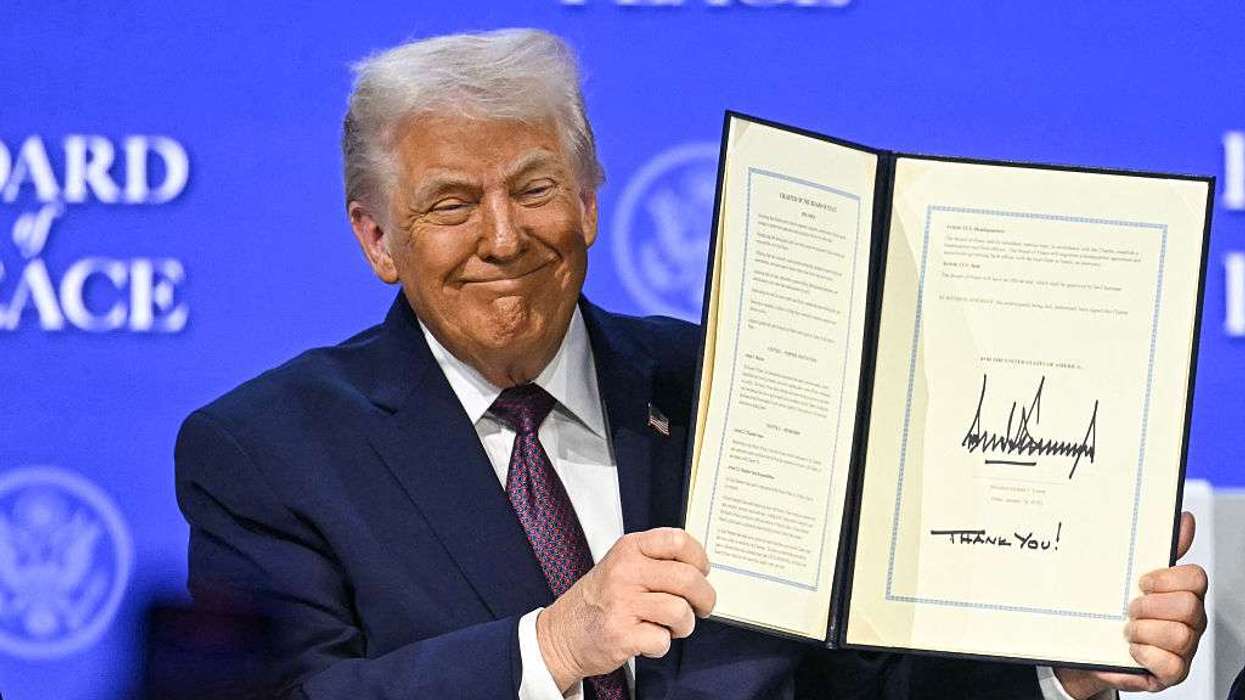"If liberty means anything at all, it is the right to tell people what they do not want to hear”. George Orwell’s quote is emblazoned by his statue outside BBC Broadcasting House. Last week, the question inside was this: has Britain given up on free speech?
That is the free speech debate which American populist right wants to project onto Britain. US vice-president JD Vance has declared a free speech crisis here. Universities often find themselves at the epicentre of cultural clashes over free speech too. So, I also took part this week in the Oxford vice-chancellor’s Sheldonian Series debate on “cancel culture”, an exercise in promoting free speech via an open inquiry into its scope and limits.
How Americans think about free speech is enshrined in the very first amendment of their Constitution, pledging “no law abridging the freedom of speech”. Toby Young of the Free Speech Union told the Oxford audience he champions the American model for Britain too. “I would draw the line where the framers of the American constitution drew it, which is everything is acceptable within the law providing it is not a direct incitement to violence”.
My counter-proposal was that we could find more common ground on free speech in Britain by taking a different approach to America.
How far do we need to draw a line between free speech and hate speech? The US doctrine tries to duck that. It is not what you say; just whether how you say it involves violent threats. That US standard offers constitutional protection for racist, homophobic and misogynistic slurs. Research shows that most people in Britain would strike a different balance to that.
The most inarticulate form of speech I have heard was ‘monkey chanting’ at black footballers. Using ape noises as a racist caricature did not directly advocate violence, but fans of my generation also benefited from its cancellation. Young felt it was over the top to ban monkey chanting by law, suggesting racist fans were often persuaded to desist before they risked the sanction of being thrown out. My own recollection is that much of the culture shift followed a couple of years after those legal changes of 1991. But was any worthwhile free expression really curtailed?
In the UK, directing slurs at individuals is racially aggravated abuse. Yet racist statements into the ether are generally lawful speech, unless their specific context means they stir up hatred, harass, or unlawfully discriminate. Contested practical debates about policing - over asylum or abortion, Israeli and Palestine – are often about conditions on where and when protest happens and can protect legitimate protest rights alongside those of others to study, work or worship without intimidation.
I feel little interest in the police debate over whether or how to record ‘non-crime incidents’ - but much more in the failure to effectively police or regulate incessant unlawful racial hatred. A new culture of impunity for racist abuse is having toxic cultural consequences, online and offline. That curbs the speech of those targeted too.
The Office for Students’ will not protect holocaust denial under any circumstances. The Free Speech Union supports that. This shows how holocaust denial is often treated as a one-off case, conceded, perhaps tactically, by those who habitually argue for protecting all lawful speech. Yet this example could be used more productively to illuminate key broader principles about boundaries. The European Court of Human Rights allows states to outlaw holocaust denial. The UK has not passed similar laws to Germany and Austria, though institutions have legitimate reasons to exclude it. The Free Speech Union explained that holocaust denial is excluded from ECHR protection “because it runs counter to the values of the Convention itself”. This is to defend free speech as a qualified right: protected for those who respect the rights of others. That is clearly incompatible with the US constitutional approach, but aligns much better with British social norms.
Where next on free speech? Young worried that the politicised weaponisation of institutional processes can often feel punitive, whatever the final decision. But how far will new laws and processes alleviate or exacerbate those risks? Guardian columnist Zoe Williams emphasised how rife inconsistency can be in free speech debates. The US administration stretches free speech hypocrisy to new heights, lecturing the British even while cleansing library shelves and websites of any mention of inclusion or diversity.
Helen Mountfield KC, principal of Mansfield College, argued for consistency too - “free speech for me and thee”. She proposed that demonstrating that academic freedom and free speech were alive and well in universities should also enable a shift of focus: to pay more attention to equal opportunities to speak freely, and the value of listening to a plurality of views. ‘Cancel culture’ debates have provided the sharp edges of the so-called culture wars. It may now be time to put as much energy into ‘calling in’ as ‘calling out’ - to model how to actively promote practical cultures of free speech in polarising times.
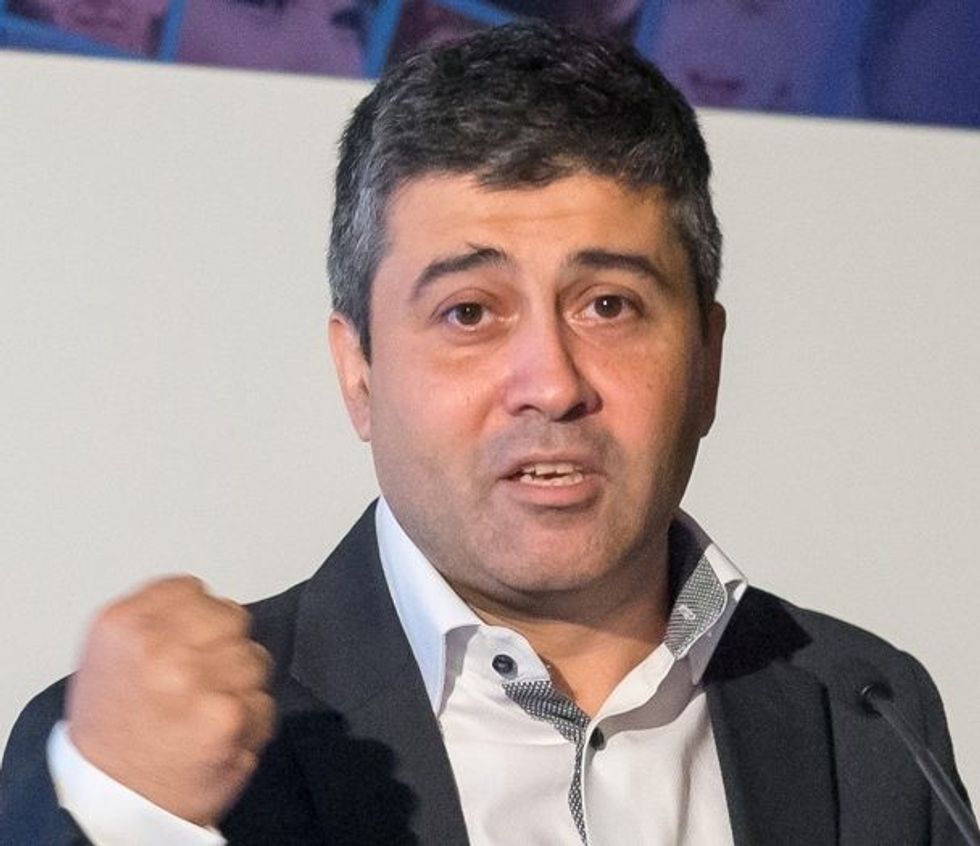
Sunder Katwala is the director of thinktank British Future and the author of the book How to Be a Patriot: The must-read book on British national identity and immigration.
